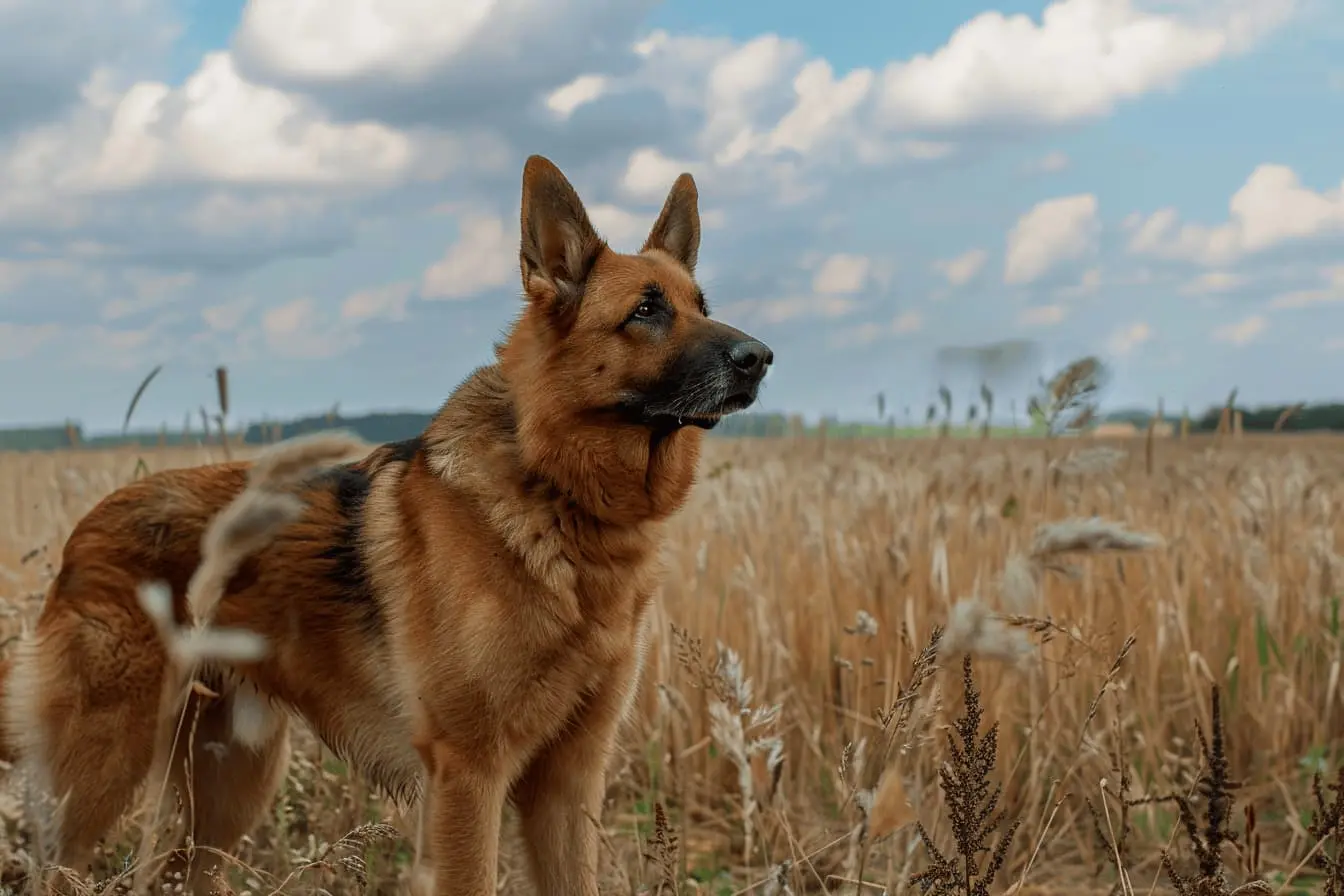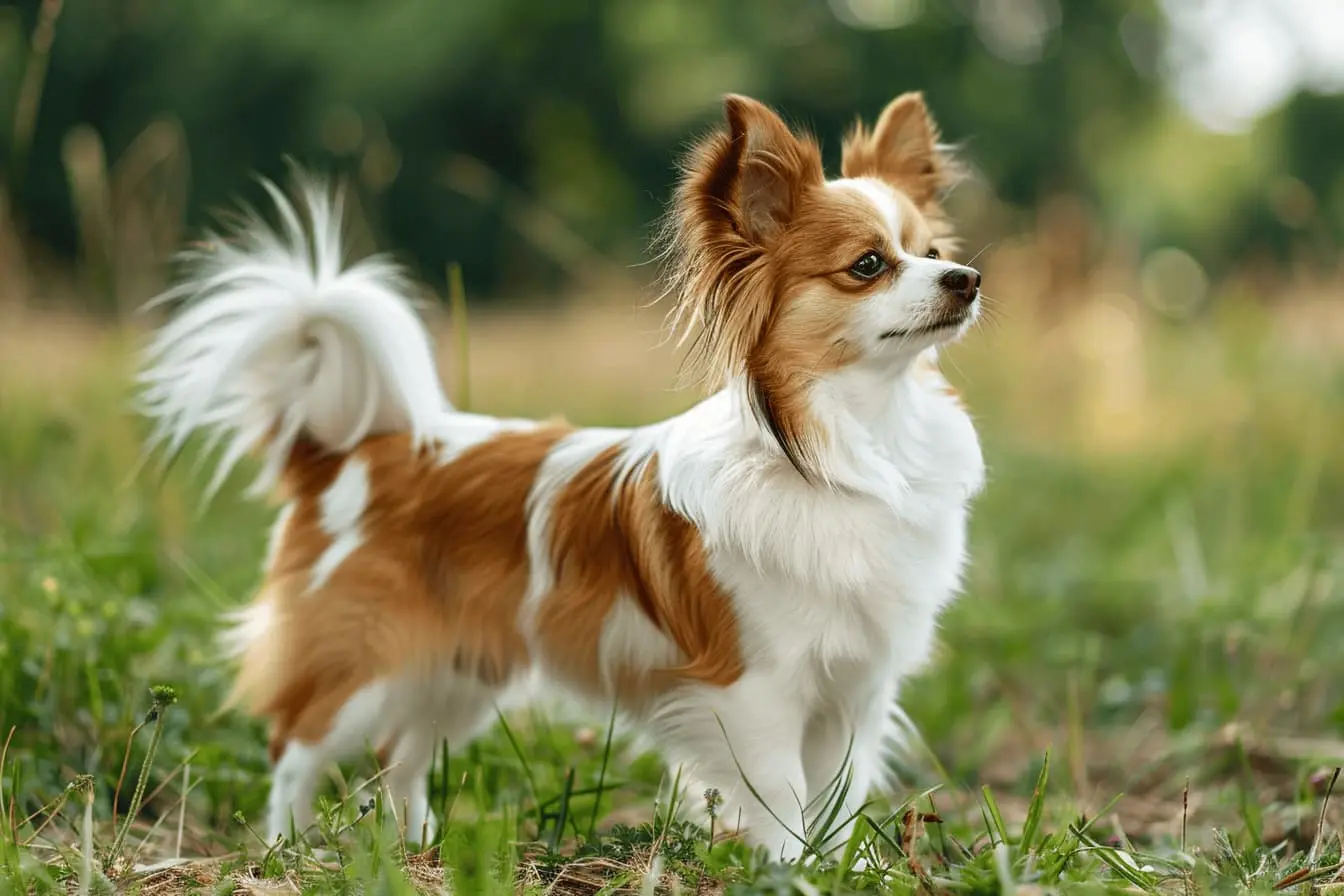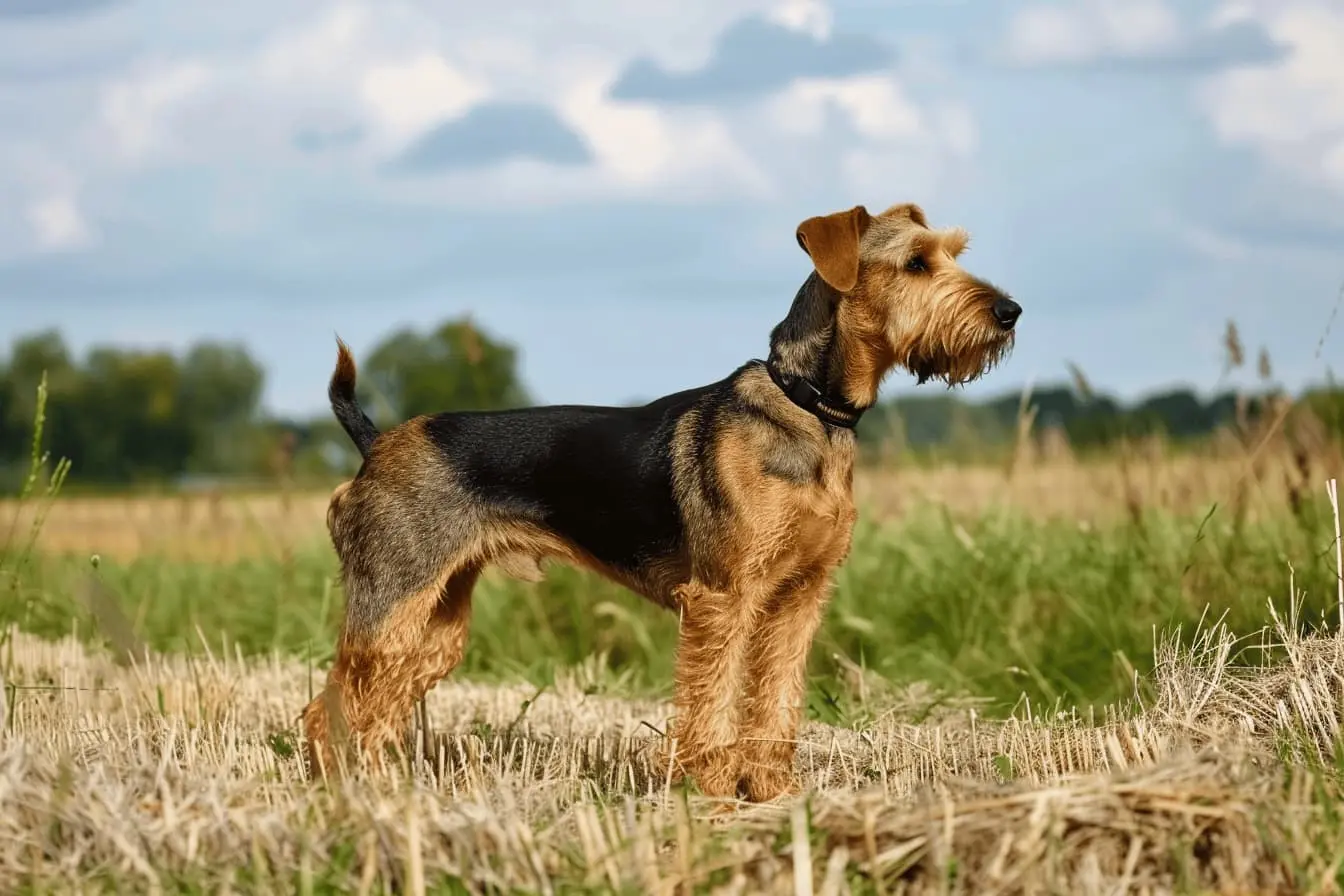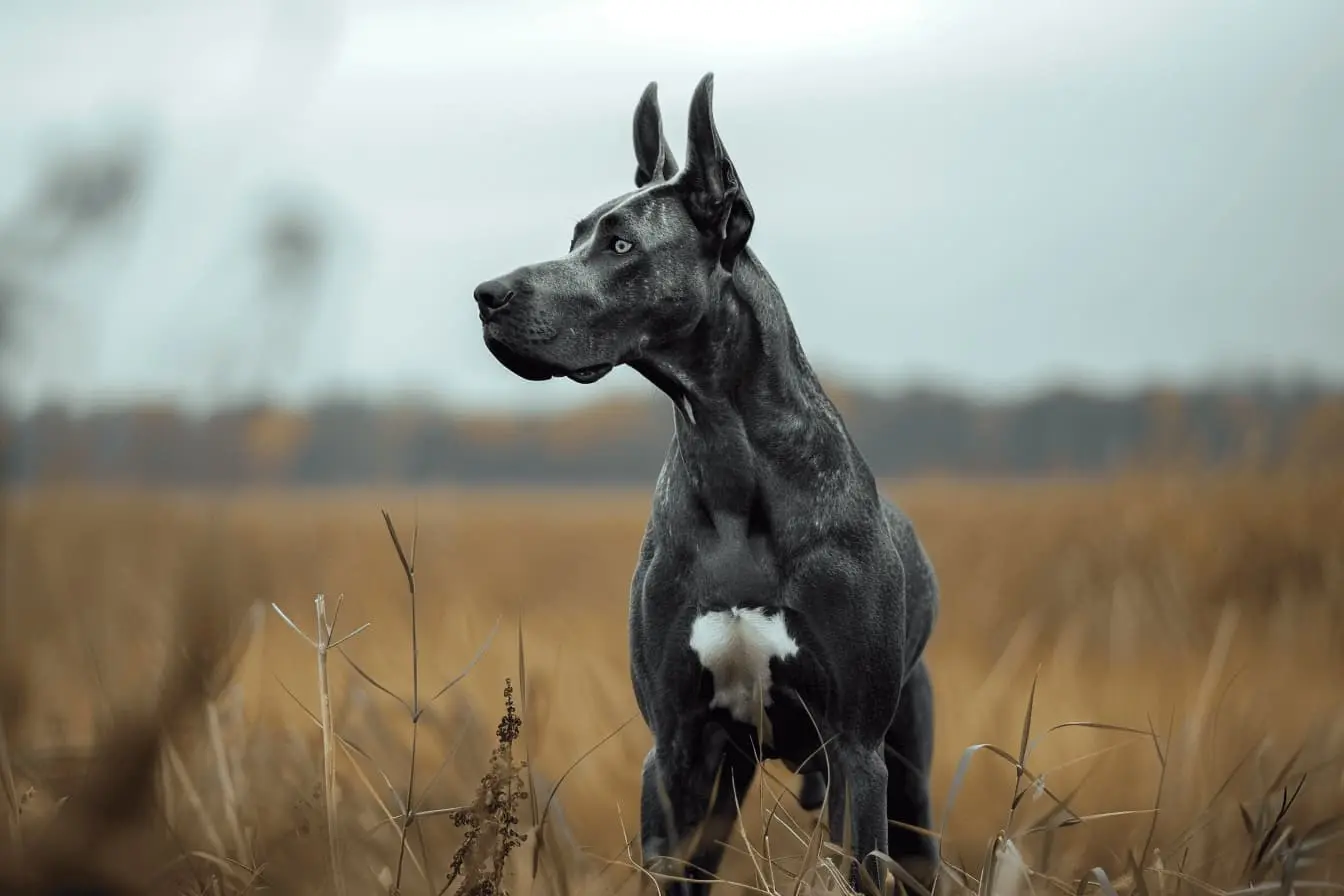
The German Shepherd: A Versatile and Loyal Guardian
The German Shepherd, with its noble character, intelligence, and versatility, has firmly established itself as one of the most popular and recognisable dog breeds globally. Originally bred for herding and guarding sheep, the German Shepherd's roles have expanded to include work as service animals, in police and military operations, and as loyal family pets. If you're contemplating adding a German Shepherd to your family, it's crucial to understand the breed's characteristics, needs, and temperament to ensure it aligns with your lifestyle. This comprehensive guide will provide you with everything you need to know about owning a German Shepherd.
Breed Overview
German Shepherds are large, muscular dogs known for their intelligence, strength, and obedience. They are highly adaptable and can excel in various tasks, making them one of the most versatile dog breeds.
Physical Characteristics
- Size: Males typically stand 24-26 inches at the shoulder, while females stand 22-24 inches. They weigh between 22 to 40 kg, with males being larger.
- Coat and Colour: They have a dense double coat that can be short or long, with colours ranging from black and tan, sable, all black, and occasionally all white.
- Lifespan: The average lifespan of a German Shepherd is around 9-13 years.
Personality and Temperament
German Shepherds are known for their courage, loyalty, and guarding instincts, making them excellent protectors of their families. They are highly intelligent and trainable, often excelling in obedience, tracking, and agility activities.
They are generally good with children and other pets if properly socialised from a young age. However, their strong protective instincts require responsible management and training to ensure they are well-behaved around strangers and in new environments.
Exercise and Training
German Shepherds have high energy levels and require regular, vigorous exercise to stay healthy and content. Activities such as long walks, runs, and play sessions in a securely fenced area are essential. They thrive on mental stimulation and enjoy challenges, making them well-suited for advanced training and dog sports.
Training should begin early and focus on socialisation, obedience, and positive reinforcement techniques. German Shepherds are eager to learn and respond well to structured training sessions, making them relatively easy to train.
Health and Care
While German Shepherds are generally healthy, they can be prone to certain genetic conditions, including hip and elbow dysplasia, degenerative myelopathy, and bloat. Regular veterinary check-ups, a healthy diet, and maintaining an appropriate weight are vital to their overall health.
Their double coat requires regular grooming to manage shedding, especially during seasonal changes. Brushing a few times a week and occasional baths will keep their coat in good condition.
Living with a German Shepherd
German Shepherds are best suited to active families or individuals who can provide them with the exercise, training, and companionship they need. They do best in homes with gardens where they can play and explore but can adapt to various living situations as long as their physical and mental needs are met.
Their strong protective nature and loyalty make them excellent guard dogs, but it's important to manage these instincts through training and socialisation to ensure they are friendly and well-mannered.
Is the German Shepherd Right for You?
If you're looking for a loyal, intelligent, and versatile dog that can be a loving family member, a guardian, and an active companion, the German Shepherd may be the perfect breed for you. They are well-suited for owners who are committed to providing them with the necessary training, exercise, and care.
However, if you have limited time for exercise and training, prefer a low-energy dog, or are not prepared for the grooming and health care needs, a German Shepherd might not be the best fit for your lifestyle.
Conclusion
The German Shepherd is a breed that offers unwavering loyalty, intelligence, and versatility to those prepared to meet their needs. With the right care, training, and environment, a German Shepherd can become an invaluable member of your family, offering protection, companionship, and unconditional love. Understanding and respecting their needs is crucial to ensuring a fulfilling and lasting relationship with this noble and capable breed. Whether serving as a working dog or a family pet, the German Shepherd is a testament to the unique bond between humans and dogs, enriching the lives of those they touch.
Vets near you
Speciality vets
- Aquatics vet specialists
- Birds vet specialists
- Camelids vet specialists
- Cats vet specialists
- Cattle vet specialists
- Deer vet specialists
- Dogs vet specialists
- Equines vet specialists
- Exotic vet specialists
- Goats vet specialists
- Pigs vet specialists
- Poultry vet specialists
- Sheep vet specialists
- Small Mammals vet specialists
- Wild vet specialists
Vet facilities
- Accessible by public transport
- Blood testing
- Car park nearby
- Client car park
- Dentistry
- Diagnostic imaging
- Disabled public access
- Flea and worm treatments
- Microchipping
- Mobile services
- Neutering
- Open at weekends
- Out-of-hours service
- Referral interests
- Referrals only
- Street parking outside
- Toilets available
- Vaccinations



